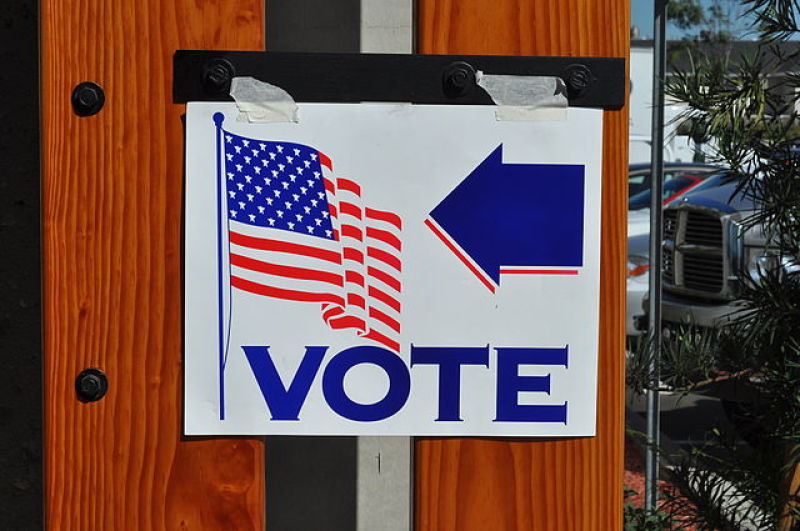
A new legislation has reportedly caused concern for the Family Research Council since it was been passed by the House of Representatives with a provision that requires a "religious test" before anyone can serve in a state's redistricting commissions.
According to the Christian Post, the House passed last March 3 the "For The People" Act that is also known as the HR 1, which is an almost 800-paged bill meant to expand voting rights. It was passed by an almost all-Democrat vote except for one--Mississippi Representative Bennie Thompson--who joined all Republicans against it.
For The People Act, the Christian Post explained, intends to create in every state an independent redistricting commission that will draw voting districts every decade depending on the population census. The states currently use varied methodologies when drawing districts for the House of Representatives such as relying on independent commissions and others on legislative authority.
The Washington-based Family Research Council contested the bill due to Section 2412 that requires a "religious test for redistricting" and requires candidates for the commission to fill out an application form detailing the reason for serving, the person's qualifications, and fair and impartial information relevant to the person's ability.
However, the Family Research Council pointed out, as per the Christian Post, that it requires the candidate to supply information on a person's affiliations such as "any involvement with, or financial support of, professional, social, political, religious, or community organizations or causes," which becomes dangerous as disclosure of information on a person's involvement with or "financial support of" religious organizations may be used against the person to serve as in the case of the prevailing cancel culture.
"While it may appear minor, this is incredibly problematic because it suggests that religious affiliations may affect an individual's ability to be impartial, and thereby may make them ineligible to serve on the commission," pointed out Family Research Council Vice President Travis Weber in a statement posted in their website.
"Article 6, Clause 3, of the U.S. Constitution states that 'no religious Test shall ever be required as a Qualification to any Office or public Trust under the United States'," he stressed.
Weber added that the bill's provision can easily be used to target Christians since they hold biblical values contrary to "certain favored ideologies" as perpetrated by the cancel culture. In addition to the "religious testing," the bill also has other provisions that The Heritage Foundation's election expert Hans Von Spakovsky finds questionable.
"(H.R. 1 will) make it easier to cheat and easier to manipulate election results," Spakovsky revealed to the Christian Post during an interview.
Spakovsky elaborated that the H.R. 1 would "eviscerate state voter ID laws" since it dictates to the state to "allow someone to vote by just simply signing a form in which he swears that he is who he says he is" such that the witness signature requirement on absentee ballots can not be enforced anymore.
In addition, Spakovsky highlighted that the For The People Act isn't really as such for it endangers the First Amendment right to participate or join a political activity by requiring donors to be disclosed by non-profit organizations. He and other lawyers actually echoed Weber's belief that the bill is unconstitutional, especially when it comes to setting election policies in a state that should have been a state's sole discretion, which, in turn, increases the federal government's control in managing a state's elections.
"The mandate and the prohibitions that it puts on the states, I think, are extremely dangerous, and they basically get rid of any and all of the safety and security protocols that the states have in place," Spakovsky said.
The approval of the bill in the Senate looks bleak for it will require 60 votes to pass and would require the vote of 10 Republicans to overcome the filibuster. Currently, there seems to be no way of having the filibuster changed to a vote of simple majority as the Democrats are actually lobbying for, especially since Democrat West Virginia Senator Joe Manchin has firmly expressed support of the filibuster.


























